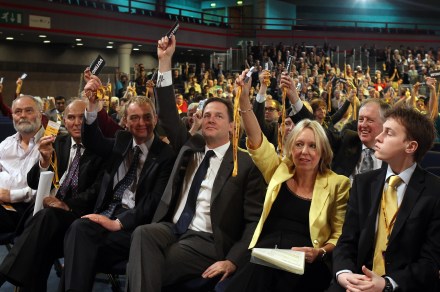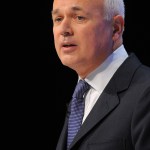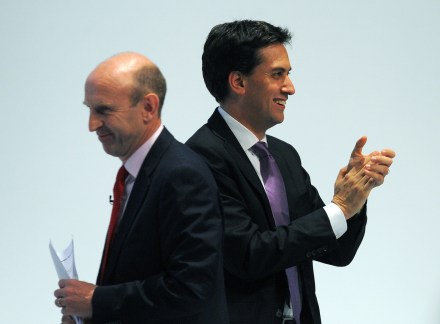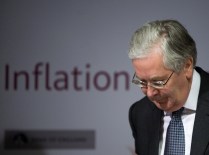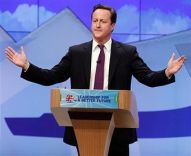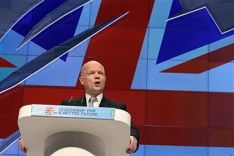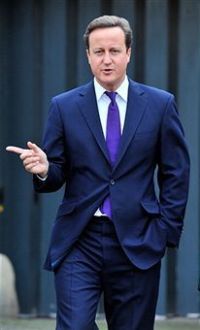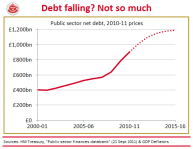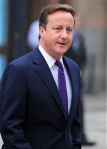Brendan Barber’s champagne habit, and other stories
The Tory conference was so forgettable that it’s hard now to remember it took place earlier in the week. But, for what it’s worth, here are my conclusions from the whole conference season: 1. The search for Osborne’s growth strategy has been called off. This ‘leadership’ theme was short for ‘leadership in the crisis, which we’ve now decided is inevitable’. Printing £75 billion will be prelude to printing £400 billion, the inflation tax is back. Osborne perhaps thinks this new magic gold will bring economic recovery. So did the Emperor in Faust, when the devil suggested that printing money would avert fiscal crisis. This scheme ended in tears in Goethe’s
